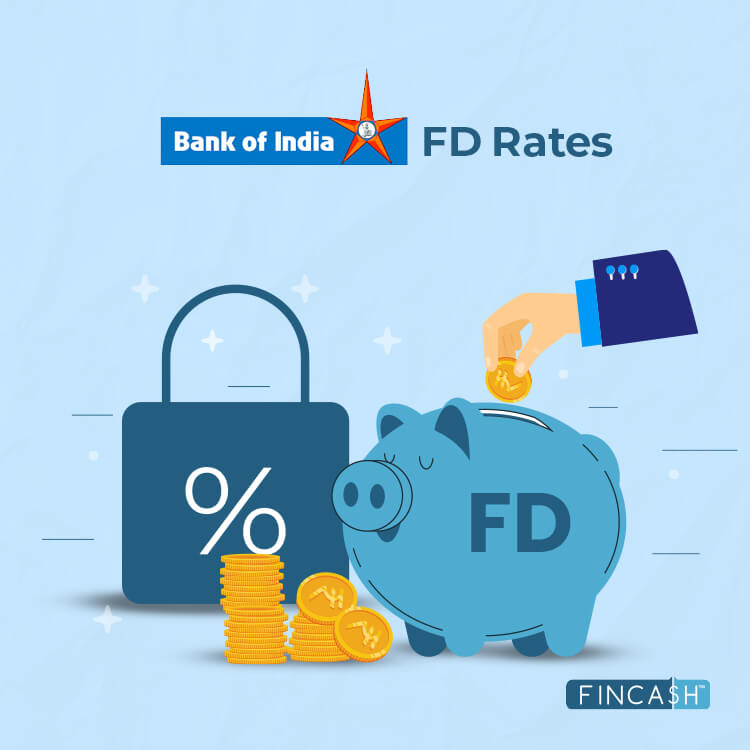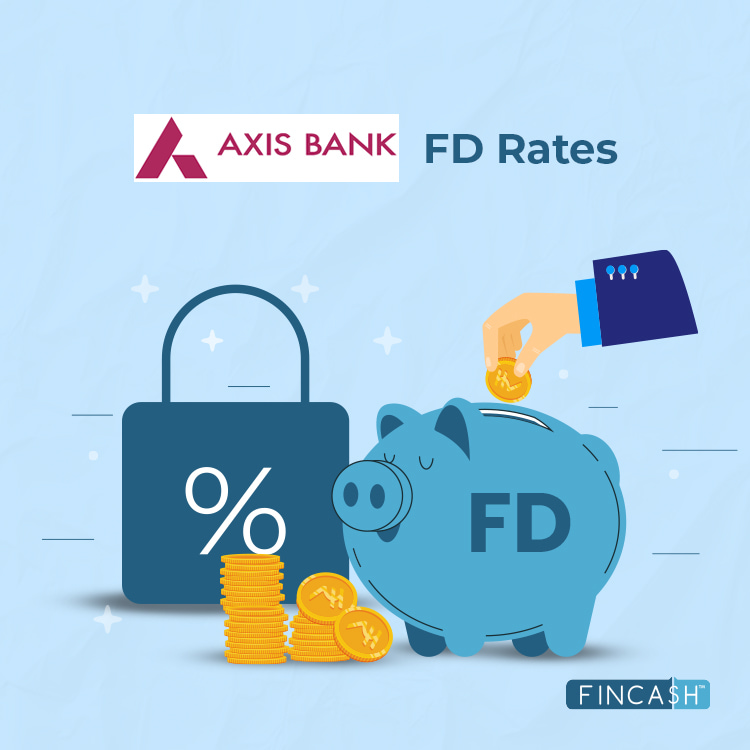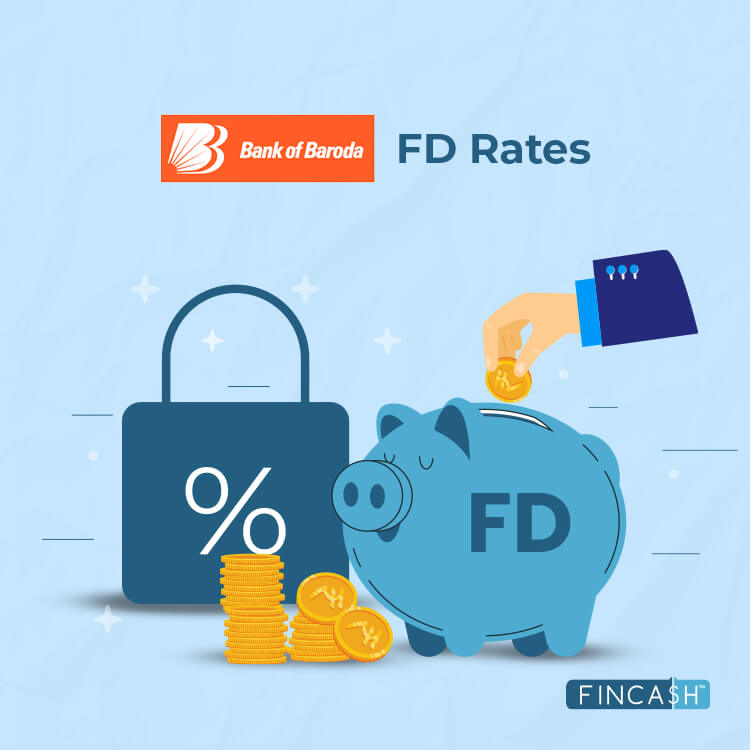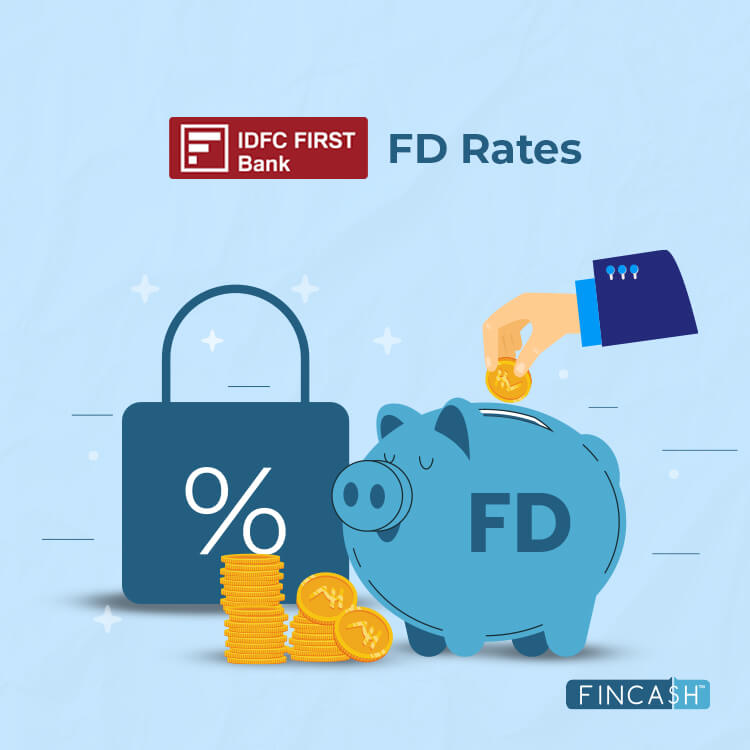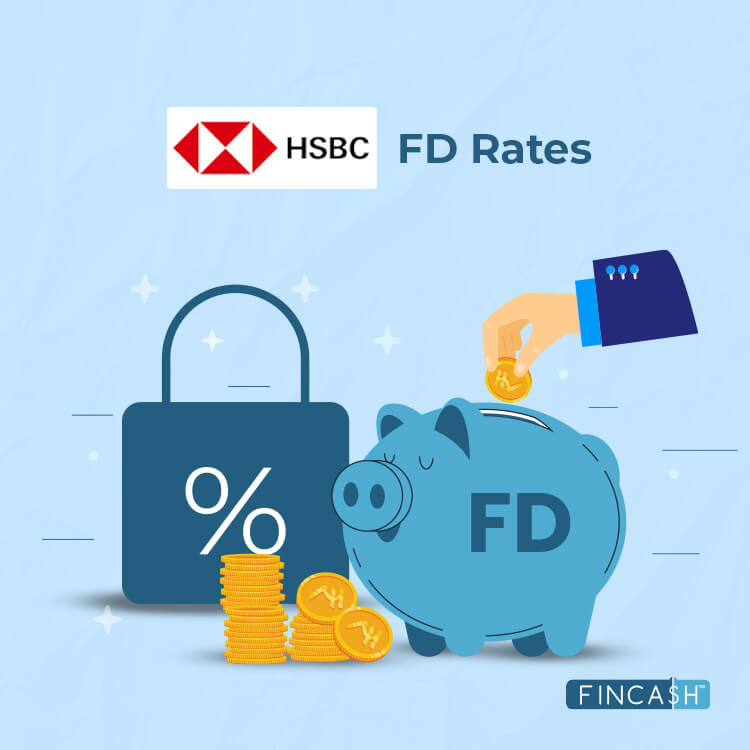Bank Bill Swap Rate (BBSW)
What is the Bank Bill Swap Rate?
Also known as the Bank Bill Swap Reference Rate, it is a short-term interest that is regarded as the benchmark for securities and derivatives, especially the Floating Rate Bonds.
BBSW Meaning
This one is an independent reference rate that is used for the pricing of securities. Individuals that have fixed-Income investments can use BBSW, considering that it is the benchmark to price floating rate bonds along with other securities.
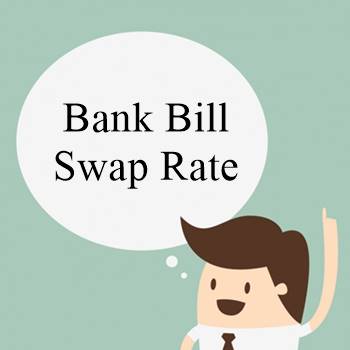
The BBSW is an average of the bank bill rates that the banks supply for several maturities. Simply, it is that one midpoint rate that is used for a variety of bank-eligible securities.
Calculation of BBSW
The BBSW is evaluated and published by the Australian Securities Exchange (ASX) that is obligated to maintain this rate. This rate is equal to London Interbank Offered Rate (LIBOR), which is an average value of interest-rates and is evaluated from estimates that leading global banks submit daily.
For example, a variable floating rate might be quoted 100 Basis Points over LIBOR. In Australia, on the other hand, this rate might be used as 100 Basis points over BBSW. Thus, it is the average of the bank bill rates that the bank supplies.
As per the Australian Securities Exchange, BBSW is not linked to retail lending indexes directly in comparison to LIBOR or other relevant benchmarks. Thus, the impact of BBSW in a mortgage or other similar areas is limited to basic effects on the interest rate levels.
Talk to our investment specialist
Example of the Bank Bill Swap Rate
Let’s suppose that the interest rates for bank bills remained at 4% for the first six months and later, it increased to 5% and remained so throughout the second half of a year. Now, the average for an entire year will be 4.5% along with risk premium, if any.
Let’s say that the risk premium was 15 basis points; the bank bill swap rate would be 4.65% along with the average bank bill rates and the risk premium. However, in reality, there are multiple interest rates to average that are useful while evaluating the BBSW. In the end, BBSW is considered the typical midpoint of all these rates.
All efforts have been made to ensure the information provided here is accurate. However, no guarantees are made regarding correctness of data. Please verify with scheme information document before making any investment.


